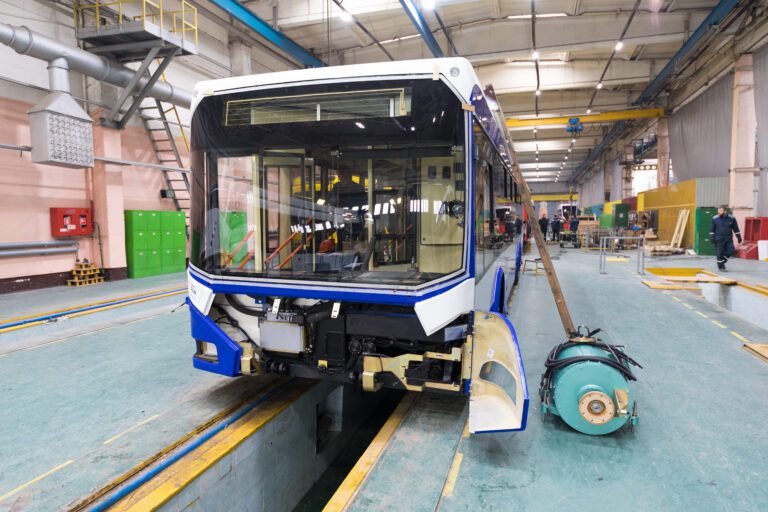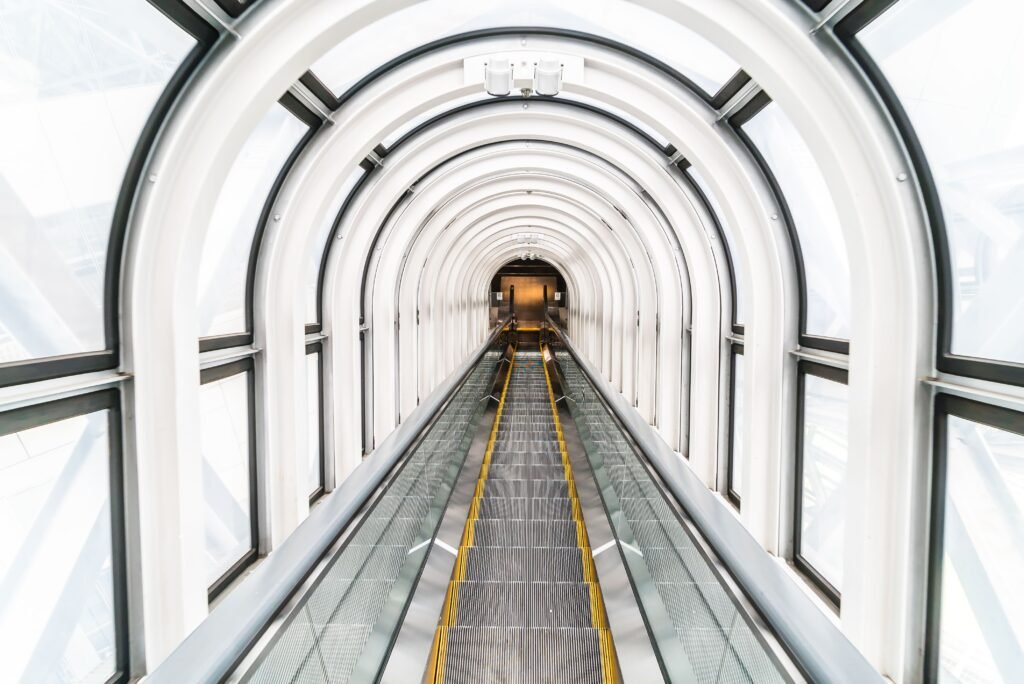Automotive & Transportation
Innovative solutions in automotive and transportation using polycarbonate – combining strength, lightness, and modern design to meet the highest standards of performance, safety, and aesthetics
Polycarbonate is a highly versatile material widely used in the automotive and transportation sector due to its exceptional properties such as strength, impact resistance, light weight, and the ability to withstand harsh weather conditions. It is ideal for a wide range of applications including side windows, headlights, panoramic roofs, interior partitions, and exterior components that require both durability and reduced weight. Polycarbonate also serves as a safer and lighter alternative to glass in areas where high transparency and impact resistance are essential. Thanks to its flexibility, ease of fabrication, and long lifespan, polycarbonate is a preferred choice in modern vehicle design, focusing on performance, fuel efficiency, safety, and advanced aesthetic appeal.
Automotive & Vehicles
Polycarbonate plays a crucial role in automotive design due to its combination of strength, lightness, and transparency. It is used in areas requiring durability and aesthetics, such as headlamp lenses, windows, and sunroofs. Its high impact resistance enhances passenger safety, while its lightweight helps improve fuel efficiency and reduce emissions. Polycarbonate’s flexibility enables innovative, aerodynamic designs, making it especially valuable in electric vehicles and advanced automotive technologies.
Aircraft & Trains
In the aerospace and railway sectors, polycarbonate is highly valued for its ability to perform under extreme conditions. Its exceptional strength-to-weight ratio makes it ideal for cabin windows, interior panels, and partitions, where both safety and weight reduction are crucial. The material also meets strict fire safety standards and offers excellent resistance to pressure changes and vibrations. By reducing the overall weight of aircraft or trains, polycarbonate contributes to improved energy efficiency, longer operational lifespans, and lower maintenance requirements.
Ships & Marine Vehicles
Polycarbonate is a reliable material for marine applications due to its superior resistance to harsh environmental factors such as saltwater, UV radiation, and impact. It is commonly used in windshields, windows, skylights, and enclosures on boats and ships. Its transparency ensures clear visibility, while its durability provides long-term protection without the risk of corrosion. Being lightweight, it also supports better balance and fuel efficiency in marine vehicles. Whether for recreational boats or commercial vessels, polycarbonate ensures both safety and longevity in challenging sea conditions.
Polycarbonate for Automotive &
Transportation
- Windows and Windshields: Provides impact protection and improves visibility.
- Headlights and Taillights: Scratch and impact-resistant, enhancing safety.
- Interior Parts: Used in panels and handles, contributing to weight reduction.
- Bulletproof Glass: Used in military vehicles for high-level protection.
- Exterior Parts: Used for covering the top surfaces of vehicles and trucks.
- Solar Surfaces: Used in vehicle solar systems for energy efficiency.
- External Covers: Used in manufacturing car covers to protect from weather conditions.
- Vehicle Mirrors: Used in mirrors for clarity and durability.
Benefits of Polycarbonate in Automotive &
Transportation:
- Lightweight: Reduces vehicle weight, improving fuel efficiency and performance.
- Impact Resistance: Provides better durability and safety in collisions.
- Clarity: Offers excellent visibility for windows, windshields, and headlights.
- Thermal Insulation: Helps maintain comfortable cabin temperatures.
- UV Protection: Resists yellowing and degradation from UV exposure.
- Design Flexibility: Allows for sleek, intricate designs.
- Weather Resistance: Withstands harsh weather conditions.
- Sound Insulation: Reduces noise levels for a quieter ride.




